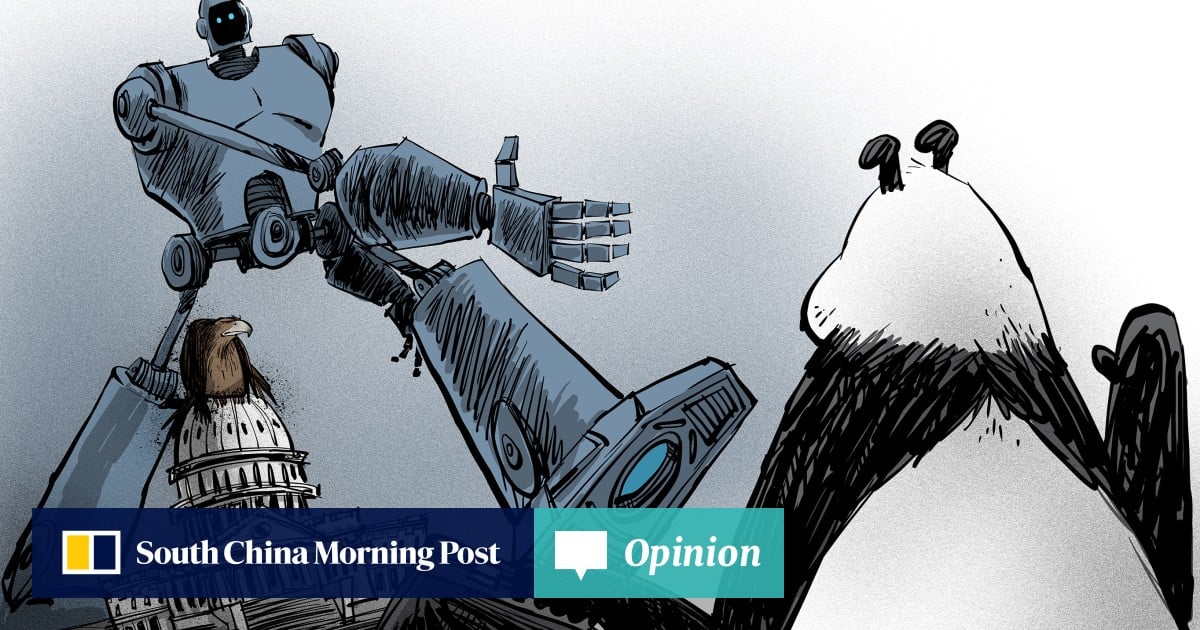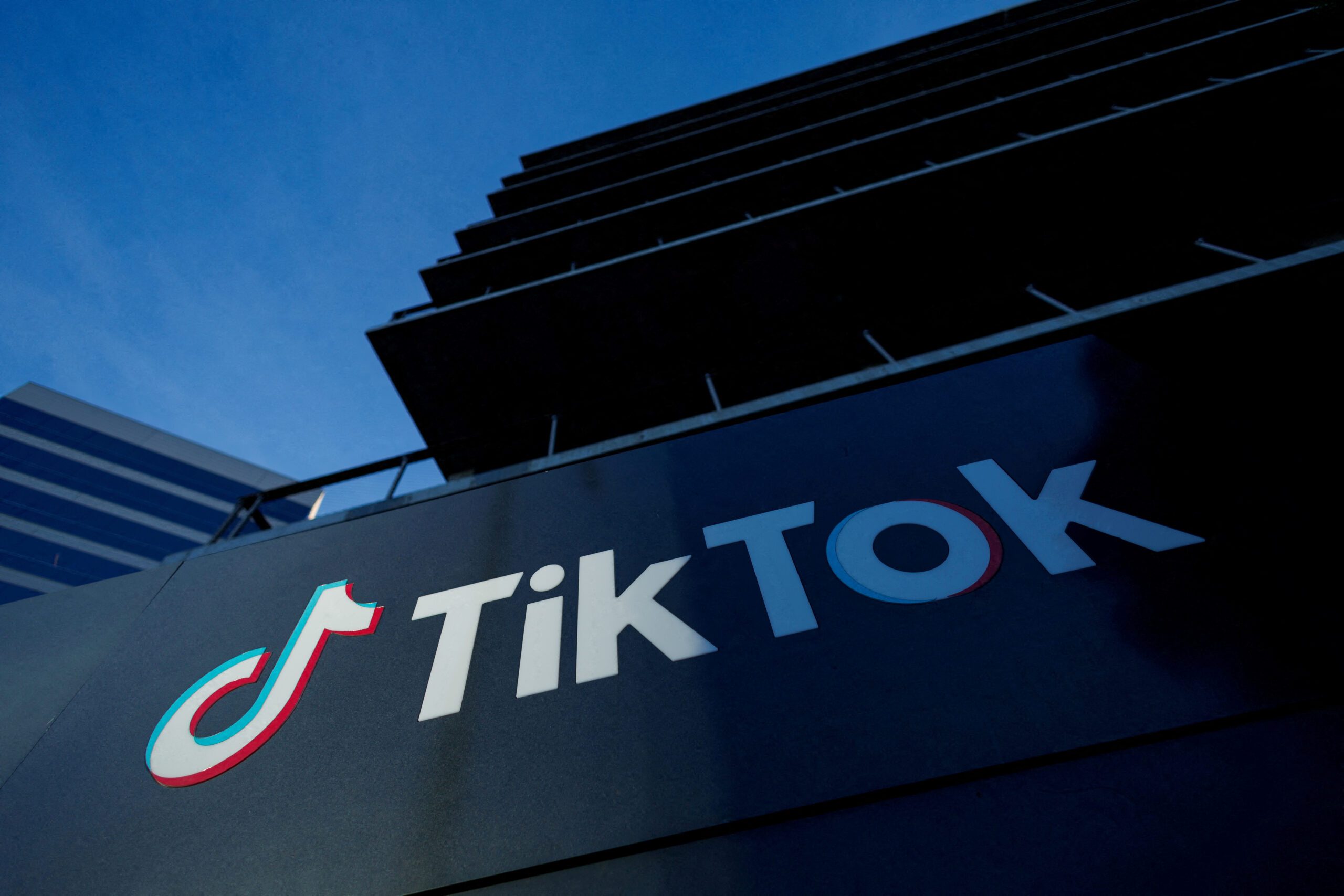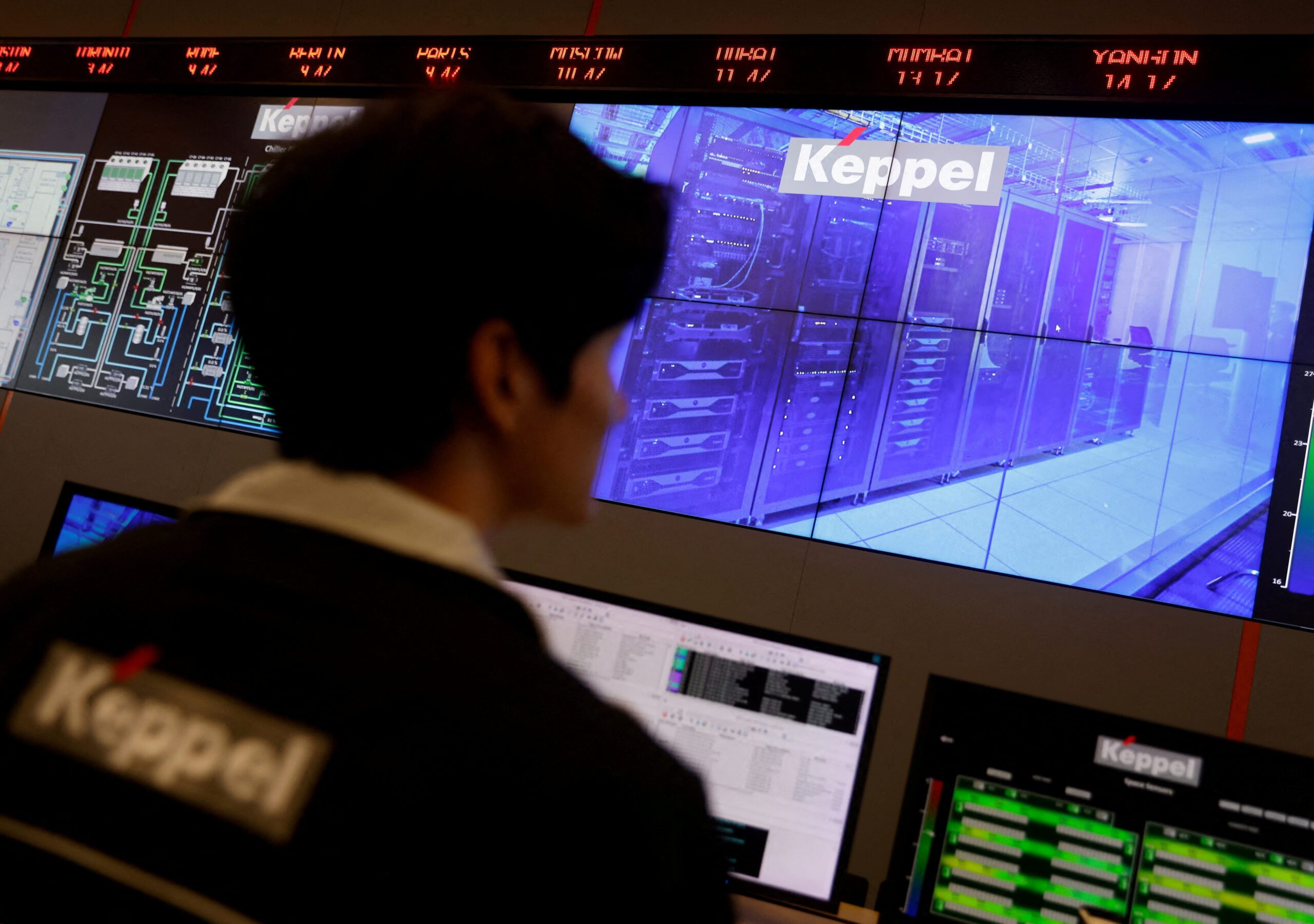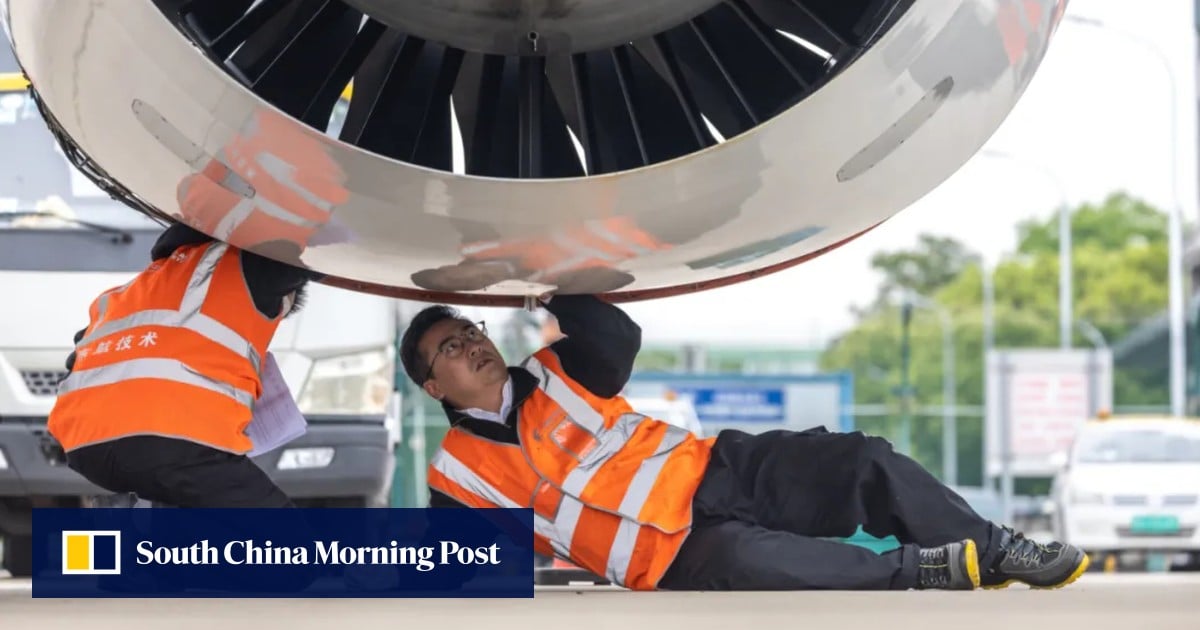SEOUL, South Korea — Krafton, a South Korean game developer, rose to fame following the worldwide success of PlayerUnknown’s Battlegrounds (PUBG). The product, a pioneer of “battle royale” games, catapulted the business toward what was expected to be the largest initial public offering on the Seoul stock exchange just last month, garnering up to 5.6 trillion won ($5 billion) and igniting more interest in South Korea’s IPO boom. The euphoria, though, was fleeting. Following speculation that something was off, the company reversed course, stating on Thursday that it would lower its IPO price by more than 10% and reduce the number of shares available to investors. It also postponed its initial public offering, saying it will accept applications for shares for two days starting August 2, two weeks later than the prior deadline of mid-July. The reduction of expectations is increasing doubts about Krafton’s long-term prospects, despite the fact that the company’s megahit game has definitely hit the jackpot. However, given the company’s reliance on a single product for nearly all of its sales, issues about its valuation judgments and a high-profile regulatory intervention are being raised. The Financial Supervisory Service raised an alarm and, in an unusual step, demanded that Krafton reevaluate its valuation by revising its IPO registration form. “We asked [Krafton] alter the registration form because it could impair investors’ reasonable judgment or cause major misunderstanding by stating key issues in an imprecise manner,” the FSS said in a statement. Fixes were necessary seven times out of 117 IPO registration applications submitted last year, according to the FSS — or about 6%. In 2019, when 103 IPO registration forms were filed, no such adjustments were requested. When Nikkei Asia enquired about the decision, an FSS director simply pointed Nikkei Asia to Krafton’s updated registration form, which stated that the business had reduced the IPO price range from 458,000 to 557,000 won to 400,000 to 498,000 won. It also reduced the amount of shares to be raised from 10.1 million to 8.7 million. With the modifications, Krafton is now anticipated to raise as much as 4.3 trillion won, which would still make it the country’s second-largest IPO, after only Samsung Life Insurance’s 4.9 trillion won debut in 2010. After talking with lead manager Mirae Asset Securities, Krafton stated that it was looking for a “fair valuation.” “We changed the registration document, adding precise details,” Krafton stated in a statement, referring to PUBG as “globally recognized intellectual property.” The filing also includes a list of gaming studios it has bought since 2015, as well as a warning about the risk of relying too much on a single game for revenue. Mirae Asset declined to comment on the new form, citing customer privacy concerns.
The Financial Supervisory Service of South Korea flexed its muscles in response to Krafton’s initial public offering, since the country’s benchmark stock index has been on a tear. (Photos courtesy of the Associated Press and a screenshot from the Financial Supervisory Service’s website)
The FSS moved in on Krafton and its high potential market cap, according to Lee Seung-hoon, an analyst at IBK Securities, since a string of massive IPOs have pushed South Korea’s benchmark Kospi stock index rising.
“The FSS issued a warning about the high valuation to safeguard individual investors from losing money if the IPO price is too high,” Lee explained. “It served its purpose.” One of the problems, according to analysts, was that Krafton initially likened itself to worldwide firms like Walt Disney and Warner Music, which have little to do with gaming. “The share of game material in total sales for Walt Disney and Warner Music is small,” said Park Sang-hyun, an analyst at Smartkarma Innovations, a Singapore-based research firm. “Media entertainment accounts for more than 60% of Walt Disney’s revenue. The vast majority of Warner Music’s sales come from music distribution.” Krafton has already evaluated its IPO pricing in comparison to 259 foreign companies, including Activision Blizzard, a major gaming competitor. However, for the updated registration, NCSoft, Netmarble, Kakao Games, and Pearl Abyss were compared against only four South Korean competitors: NCSoft, Netmarble, Kakao Games, and Pearl Abyss. Park also questioned Krafton’s excessive reliance on PUBG, which, according to the business, accounted for 96.7 percent of sales in the first quarter of this year and 96.5 percent for the entire year. “With the exception of Pearl Abyss, there is no company in the valuation peer group where a single game provides close to 100 percent of sales,” Park added. “This obviously draws attention to the regulatory risk posed by PUBG’s partnering service with Tencent, which accounts for 70% of total sales in China. However, Krafton did not add anything further to this revised research about PUBG’s regulatory dangers in China. ” PUBG is a last-man-standing shooter game in which 100 players engage in a winner-take-all confrontation on a lonely island, where strategic gameplay is just as crucial as weapon abilities. The firm, which sells PUBG on the Steam platform all around the world, made 1.7 trillion won in income in 2020. Last year, Asia, excluding South Korea, accounted for 85.8% of its revenue, followed by North America and Europe, each with 7.8%. South Korea, the company’s home market, contributed 5.3 percent. “Krafton’s mission is to remain a household name in video game creation by remaining faithful to its core principle ‘craftsmanship,'” according to the company’s website, which was founded in 2007. Tera, Elyon, and Golf King: World Tour are among the games available, in addition to PUBG, which was released in 2017. Krafton’s initial value was fair, according to Kim Dong-hee, an analyst at Meritz Securities in South Korea, because no other game compares to its core product. “PUBG is the only IP in the history of gaming that has been a hit in both China and the United States,” Kim said, using the abbreviation for intellectual property. Kim established a target stock price of 720,000 won for Krafton, significantly higher than the company’s own initial IPO proposal. “Investing in this game is not going to fail,” Kim predicted, adding that new games like PUBG: New State and The Callisto Protocol will be successful as well./n





